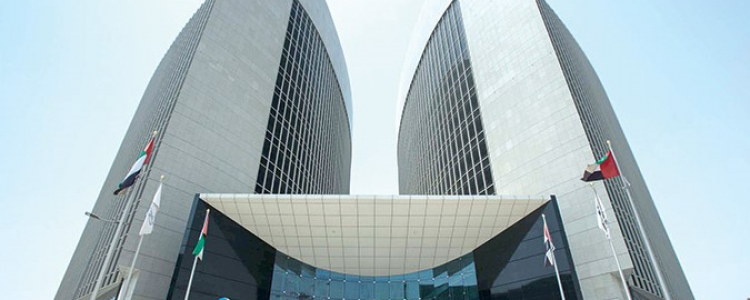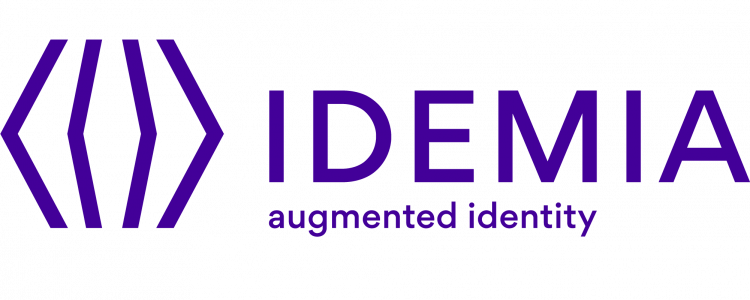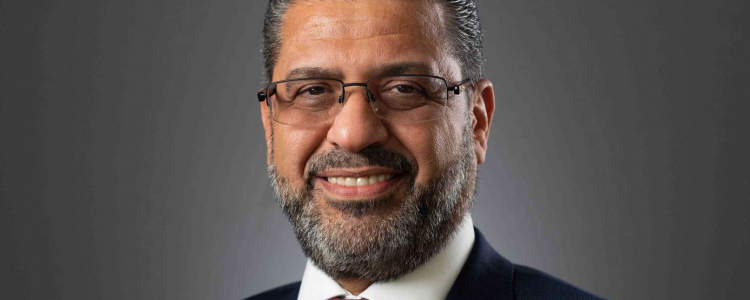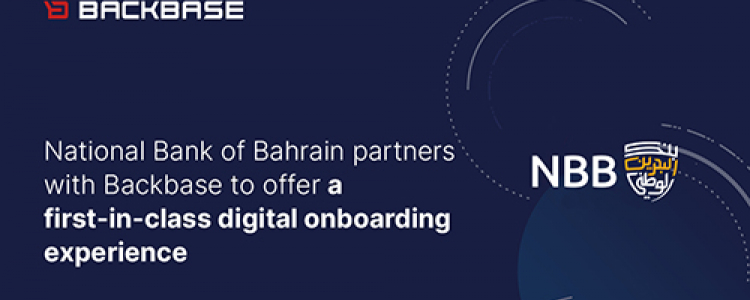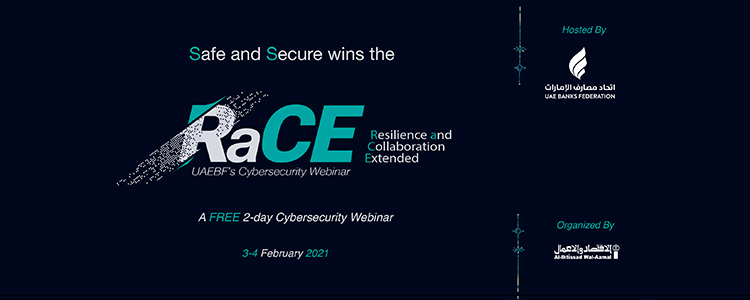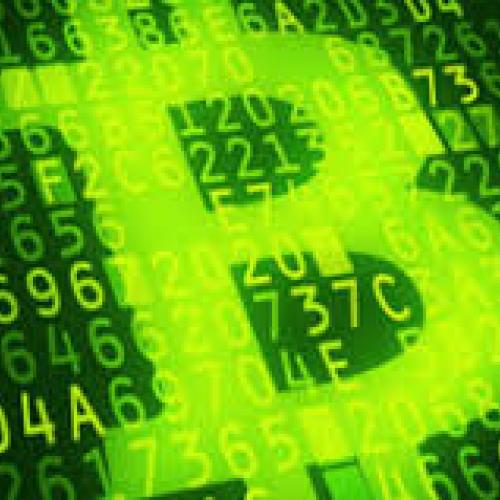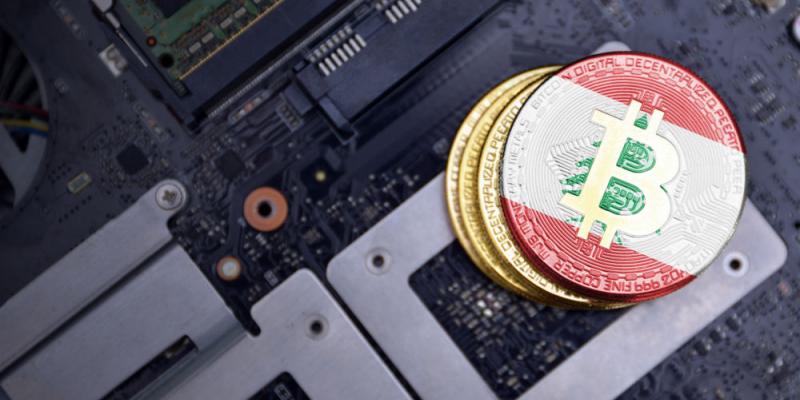
Bitcoin: The financial answer to Corrupt Governance?
Going by recent trends, it is pretty self-evident that Bitcoin tends to fare much better during periods of political unrest as compared to most other assets.
With Venezuela largely isolated from the global financial system, the country has seized on cryptocurrencies as a possible savior for its economy.
Venezuela's government is planning to use cryptocurrencies as a "method for free national and international payments," according to President Nicolas Maduro.
In a televised press conference, Maduro said: "The finance minister and Venezuela’s central bank have new instruments which we will activate very soon so that everyone can do banking transactions."
Last year he launched a sovereign crypto, called the Petro. More recently, Bloomberg reports that Venezuela's central bank is running internal tests to determine whether it can hold crypto in its reserves, aiming to send Bitcoin and Ethereum to the central bank so it can pay its bills with them.
Even during the ongoing Hong Kong protests, the idea of Crypto came to light.
But the Iran crisis is also a good example of this. Given Iran’s financial woes amid severe sanctions, crypto-assets present a theoretical hedge against local economic stagnation.
In July, Iranian officials announced that a domestically encrypted digital currency would be unveiled in the near future and would be overseen by the Central Bank of Iran and backed by gold reserves, in an attempt to free up the frozen assets of local banks.
Examples of direct crypto-activity include cryptocurrency mining, speculation in crypto-assets, and trade through brokerages and exchanges for payments. Iranian cryptocurrency developers have also created a blockchain platform, IranRescueBit, to facilitate humanitarian support through aid donations in bitcoins, ethereum, and litecoins.
Because it doesn’t depend on the centralized banking system, there’s no question of Bitcoin ever coming to a standstill because of bank shutdowns or political unrest.
Decentralized digital assets such as Bitcoin are also a potential solution against regular citizens losing their wealth to depreciating national fiats, as in the case of Venezuela and Lebanon.
Julien Hawari, CEO – The first Islamic Fintech Ecosystem and Advisor (INFAKCORP) – Capital Crypto Bank – Crypto Advisory Firm said: “Blockchain is here and is being implemented in several projects in the region. The key question is more around cryptocurrencies. It will happen as regulators get more comfortable with the idea and as individuals start using more of it. In the region, as of few weeks ago, less than 30 locations accepted payment in cryptocurrency”.
But first, the asset needs to address a lot of the inadequacies that it currently suffers from such as increased volatility and scalability issues, for example.
Also, the role of digital exchanges needs to reinforced. “Exchange is an important part as it brings the liquidity and the market for people to exchange. With the rise of the tokenization, STO, IEOs and others, exchanges are the place for users to find the liquidity,” Hawari said.
Over the last few weeks, the Lebanese are now feeling the financial impact of continued unrest. No money that they can retrieve from ATMs. Liquidity shortages in banks. Fiat is in trouble.
A black currency market recently emerged that exchanged $1 dollar upwards of 2000LP from a Central Bank official peg rate against the Lebanese Pound at 1,507.50.
Other countries in crisis like Venezuela and Iran have had to find alternatives to fiat as well, due to a combination of currency devaluation and heavy sanctions imposed upon them.
Could digital currencies like Bitcoin be an alternative financial solution knowing that the government has made sure not to let Bitcoin and other digital assets an easy pass into the country?


